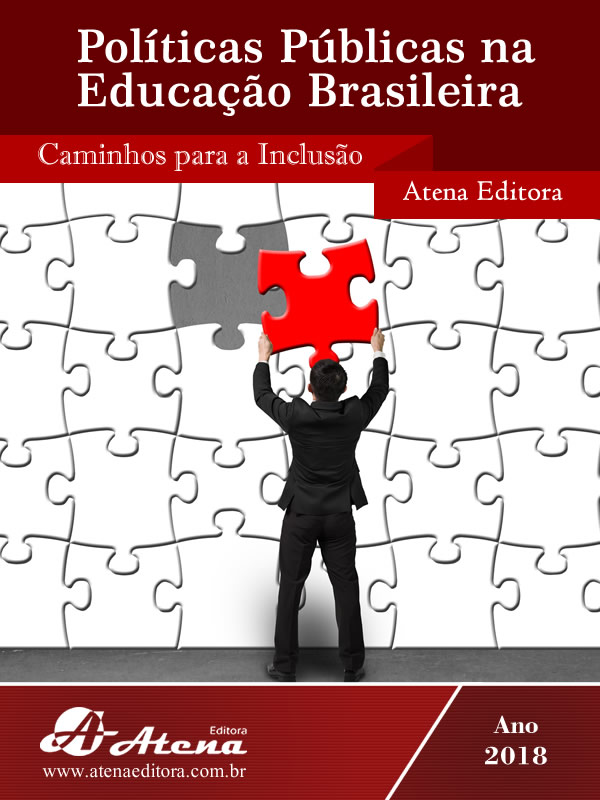
INCLUSÃO DE ALUNO COM SÍNDROME DE DOWN NO ENSINO SUPERIOR É POSSÍVEL
Esta pesquisa teve como objetivo descrever, estudar e compreender
fatores da relação humana na prática educativa com uma aluna com síndrome de
Down no curso de Pedagogia. O estudo foi fundamentado numa concepção
humanista de educação com ênfase nas dimensões relacionais do processo
educativo. O método adotado foi o fenomenológico. Do ponto de vista da forma da
abordagem do problema, trata-se de uma pesquisa qualitativa que teve como
procedimento técnico o Estudo de Caso. Como resultados o estudo sinaliza que a
docência no ensino superior deve ser uma prática humana que se destina à
formação de pessoas integralmente, permeada pela ética, pelo respeito e pelo
compromisso. Educar na alteridade do outro exige uma atitude de amor, de
criatividade, de congruência, de sensibilidade, de flexibilidade e disponibilidade para
uma relação que vai além da objetividade técnica pedagógica. Nesse sentido, o
estudo ao identificar e compreender esses fatores humanos como fatores que
contribuíram para a inclusão da aluna com síndrome de Down, considera relevante
sinalizar que para a educação inclusiva se efetivar nas instituições educacionais,
não se faz importante apenas o investimento em políticas públicas e formação
técnica de gestores e professores, mas, faz-se necessário o investimento em
formação em humanidade para que se possa possibilitar o desenvolvimento de um
novo olhar, um olhar que não se centre apenas nas dificuldades e nos impedimentos,
mas nas possibilidades de aprendizagem e em tudo que possa facilitá-las.
INCLUSÃO DE ALUNO COM SÍNDROME DE DOWN NO ENSINO SUPERIOR É POSSÍVEL
-
DOI: Atena
-
Palavras-chave: Políticas Públicas de Educação; Educação Inclusiva; Inclusão no Ensino Superior.
-
Keywords: Public Education Policies; Inclusive education; Inclusion in Higher Education.
-
Abstract:
This research had as objective to describe, to study and to understand
factors of the human relation in the educative practice with a student with Down
syndrome in the Pedagogy course. The study was based on a humanist conception of
education with an emphasis on the relational dimensions of the educational process.
The method adopted was phenomenological. From the point of view of the way of
approaching the problem, it is a qualitative research that had as technical procedure
the Case Study. As results the study indicates that teaching in higher education must
be a human practice that is aimed at the formation of people in full, permeated by
ethics, respect and commitment. Educating in the other's otherness requires an
attitude of love, creativity, congruence, sensitivity, flexibility and availability for a
relationship that goes beyond technical pedagogical objectivity. In this sense, the
study in identifying and understanding these human factors as factors that
contributed to the inclusion of the student with Down syndrome, considers it
important to signal that for inclusive education to be effective in educational
institutions, it is not only important to invest in public policies and technical training
of managers and teachers, but it is necessary to invest in training in humanity so that
it is possible to develop a new look, a look that does not focus only on difficulties and
impediments, but on the possibilities of learning and in everything that can facilitate
them.
-
Número de páginas: 15
- Sônia Helena Costa Galvão de Lima
- Edileine Vieira Machado
- Edileine Vieira Machado da Silva


